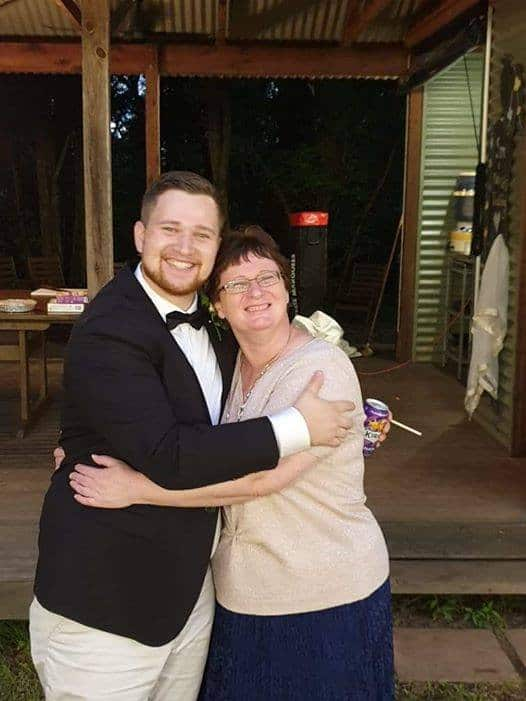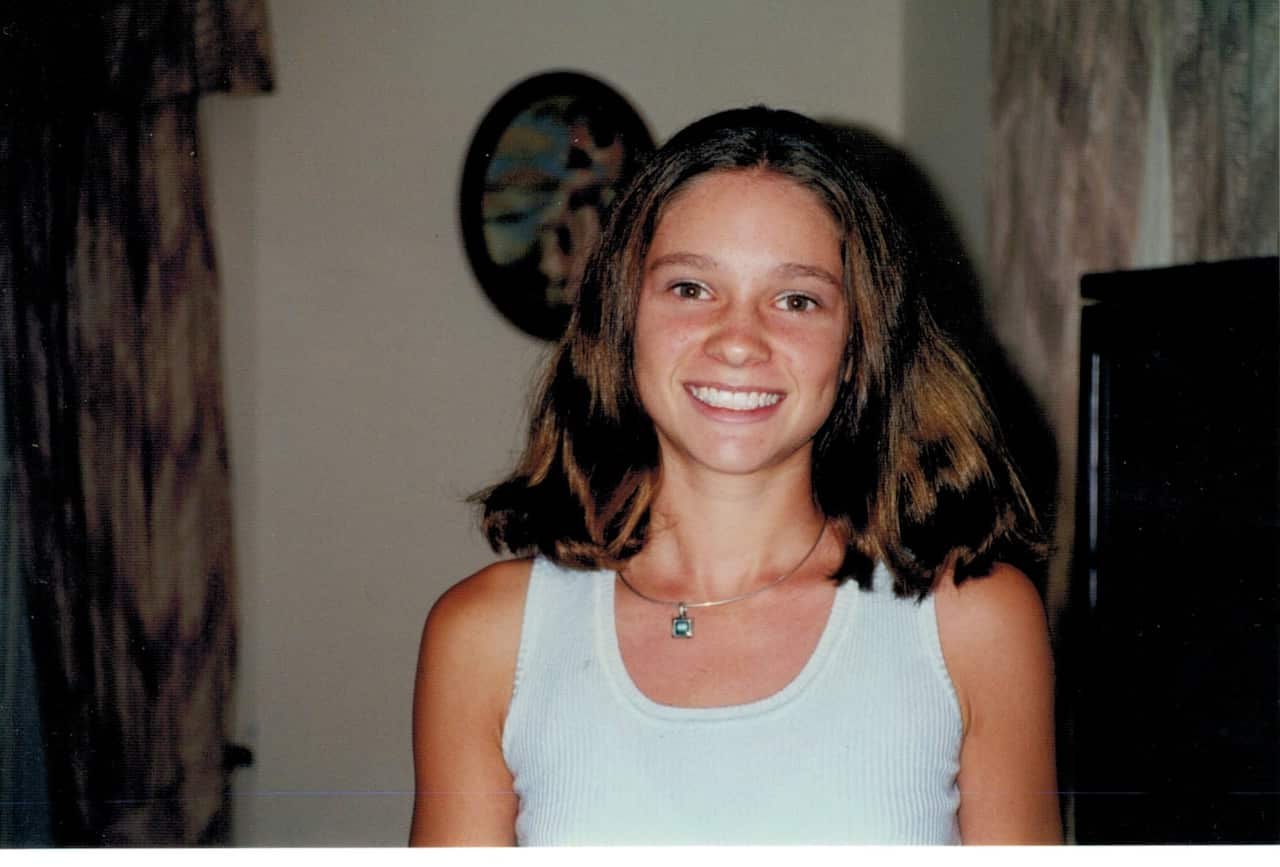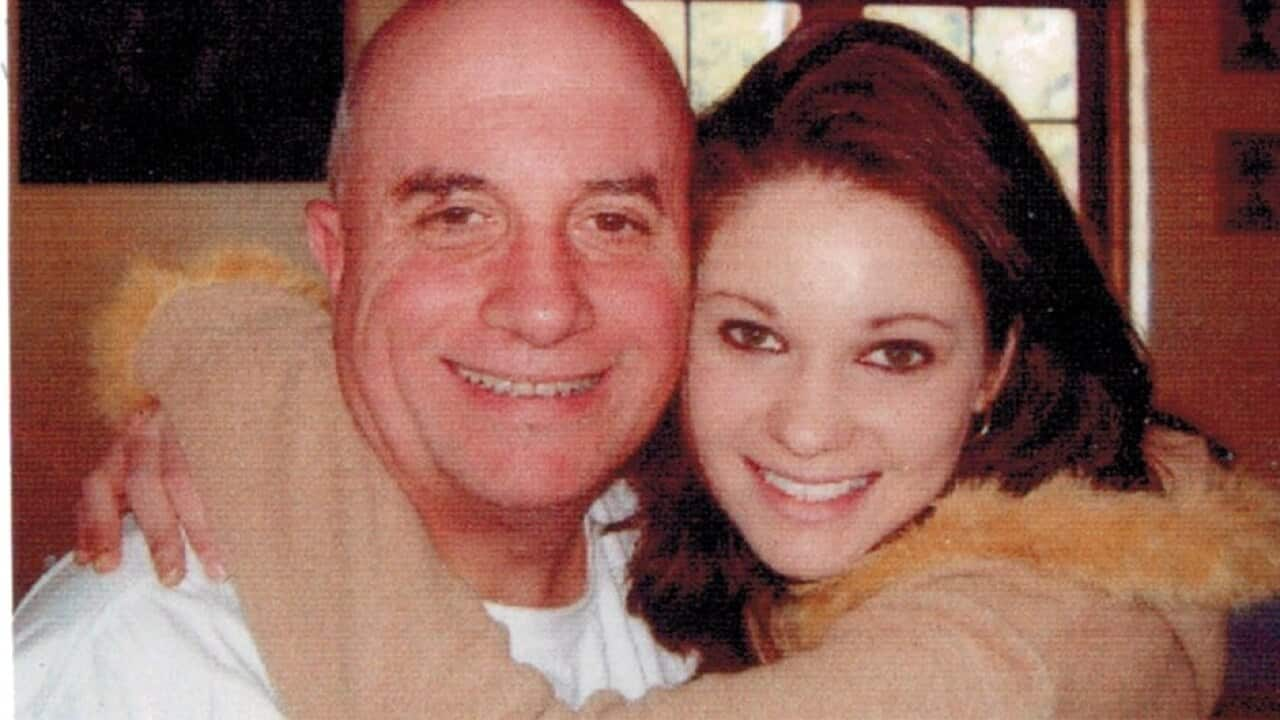Preview above: Insight finds out why some people hear voices and what it’s like living with them. Hearing Voices, Tuesday, 8:30pm
When Aleta Walker first realised her 18-year-old son, Sam, was hearing voices, she immediately jumped into action.
She knew the signs because she had seen them all before in Sam’s father, who had been diagnosed with schizophrenia, so she wanted to get help for her son immediately.
Aleta had noticed Sam was having long conversations with himself in his bedroom and was withdrawing socially.
“I made him promise that he would talk to me before he did anything if things became too overwhelming and he woke me up at 11 o’clock one night,” Aleta says.
“He just opened the door, stood in the doorway and said ‘Mum’ and I realised something was happening.”
Just a couple of weeks earlier, Sam had tragically lost his housemate, and good friend – a traumatic experience which would be the catalyst for the voices starting.

It didn’t take long for them to take over.
“I almost couldn’t hear [my mother] they were so loud and constant - it was all I could think about,” says Sam.
The voices were telling Sam that he was to blame for his friend’s death, and he should have been there for him when it happened.
“I could barely sleep and felt like it was all too much for me.”
Research shows hallucinations and delusions in the general population are a lot more common than previously thought.
One international study conducted by the Queensland Brain Institute and Harvard Medical School involved over 30,000 people across 19 countries. The results showed that auditory hallucinations are more common in women than men, and not everyone who hears voices experiences psychosis.
It concluded that hearing voices and seeing things others cannot see impacts about five per cent of the population at some point in their lives. Other studies on hearing voices have shown it could even be up to 10 to 25 per cent of people.
Bruce Roberts’ daughter, Melissa, started hearing voices from when she was about 14 years old, after a traumatic event.

He wouldn’t find out about what his daughter was experiencing until she was 19 years old – but when he did, he wanted to do everything he could to help her.
“I was a carer with my wife, Fay, and my two sons, Adam and Tim – we were all a team of carers,” he says.
“We had no idea of the traumatic event and the voices, so to see her in that situation, it was horrific.”
Bruce eventually found support in the Hearing Voices Movement, where he was able to gain information and strategies from people who heard voices and their families.
“It was out of frustration, because frankly the system wasn’t doing anything for our daughter and we were looking for answers,” he says.
The goal of the organisation is to support people with lived experience, and connect them with other people who hear voices.
Melissa was experiencing immense difficulties on the medication she was prescribed, and sadly, her mental health severely declined and she passed away in 2010.
For Bruce, he and his family offered the best support they could with the information they had for Melissa. But he believes changes need to be made within the system to support parents, carers and the people hearing voices themselves.
“I mean no disrespect to the system because Mel came across a lot of wonderful people in the system, but there was this underlying feeling of pervasive helplessness that tended to engender itself through the system.”
Bruce says his advice for parents of people who hear voices is simple.
“Learn as much as you can about the experience.”
“Most people tend to push the voices away because they’re frightening and derogatory, but the reality is, for those who recover they’ll tell you the only way you can do it is to embrace the voices and change that relationship with the voices.”
For Sam, he was eventually given a diagnosis, and put on medication to manage the voices.
He says the schizophrenia diagnosis was helpful in gaining the right treatment and while the voices haven’t disappeared, they have quietened significantly, allowing him to concentrate on daily tasks and lead a productive life.
He says he has a complicated relationship with his voices now.
“It’s a bit of a love hate relationship,” he says.
“I love to hate them but I understand that they’re there and I try my best to live with them.”
If you, or anyone you know, needs support you can contact Lifeline on 13 11 14, Beyond Blue on 1300 22 4636 or the Suicide Call Back Service on 1300 659 467.
Insight is Australia's leading forum for debate and powerful first-person stories offering a unique perspective on the way we live. Read more about Insight
Have a story or comment? Contact Us


